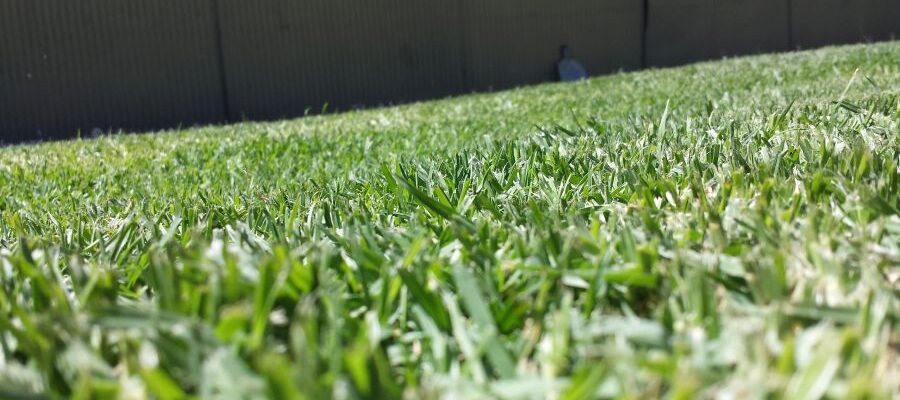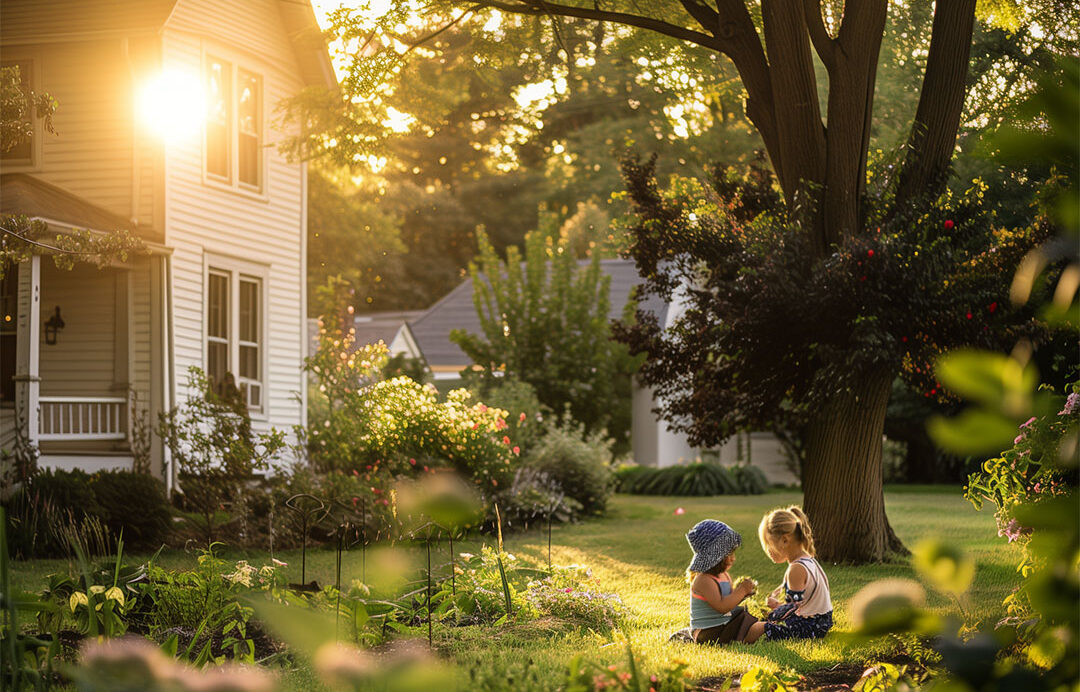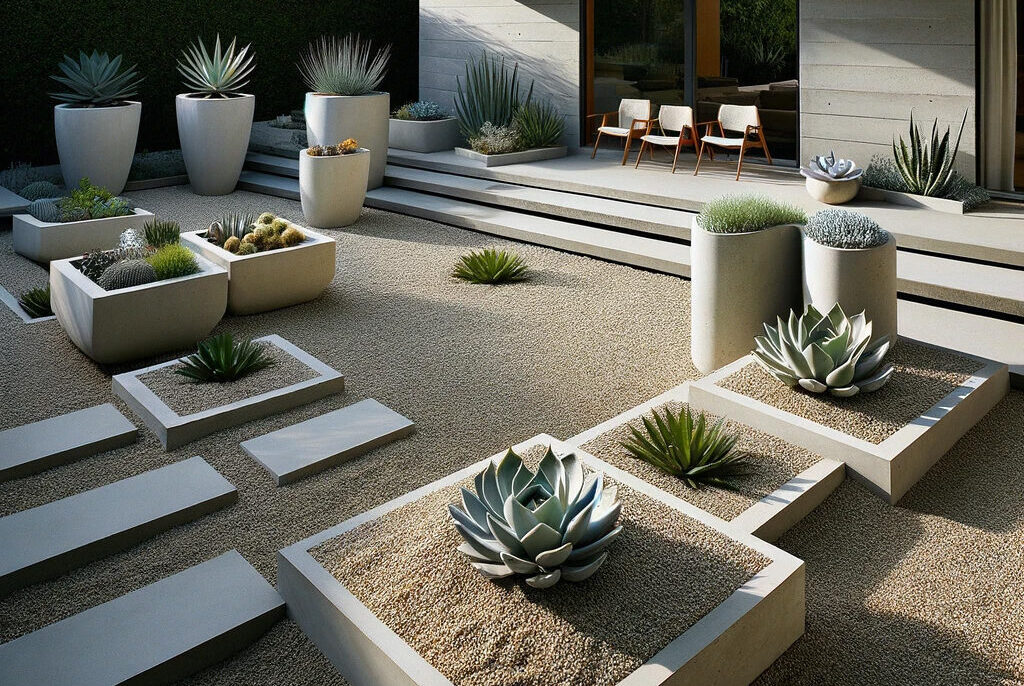A Comprehensive Guide in Growing Buffalo Grass
Are you tired of maintaining a high-maintenance lawn? Do you want to switch to a low-maintenance option that requires less water and fertilizer? If yes, then buffalo grass is the right choice for you. It is a warm-season grass that is native to the Great Plains region of North America. It is drought-tolerant, low-maintenance, and hardy. In this article, we will guide you on how to grow buffalo grass in your lawn.
Understanding Buffalo Grass
Buffalo grass is a warm-season grass that grows best in hot and dry climates. It is a low-growing grass that can tolerate drought and heat. It is a popular choice for homeowners who want to reduce their lawn maintenance. The grass has a fine texture and a blue-green color. It can grow up to 8 inches tall but can be mowed as low as 2 inches. It can spread through stolons or runners, and it can also grow from seed.
Preparing the Soil
Before planting buffalo grass, it is important to prepare the soil. It prefers well-draining soil with a pH between 6.0 and 7.5. The soil should be tilled to a depth of at least 6 inches to allow for good root growth. Remove any weeds, rocks, or debris from the soil. If the soil is heavy or clayey, mix in sand or compost to improve drainage.
Planting
There are two ways to plant buffalo grass: from seed or sod. Planting it from seed is less expensive, but it requires more time and effort. The best time to plant it from seed is in late spring or early summer when the soil temperature is above 60°F. Prepare the soil as described above and then spread the buffalo grass seed evenly over the soil. Water the area lightly to help the seed settle into the soil. Keep the soil moist until the grass is established.
Planting it from sod is more expensive but less time-consuming. The best time to plant it from sod is in late spring or early summer when the soil temperature is above 60°F. Prepare the soil as described above and then lay the sod over the soil. Water the area lightly to help the sod settle into the soil. Keep the soil moist until the grass is established.
Watering
Buffalo grass is drought-tolerant but needs regular watering until it is established. Water the grass deeply but infrequently to encourage deep root growth. Water the grass once a week during the growing season and once every two weeks during the dormant season. Avoid overwatering the grass as it can lead to disease and pest problems.
Fertilizing
Buffalo grass is a low-maintenance grass that requires minimal fertilizer. Fertilize the grass once a year in the spring or early summer with a low-nitrogen fertilizer. Avoid using high-nitrogen fertilizers as it can lead to thatch buildup and pest problems.
Mowing
Buffalo grass is a low-growing grass that requires infrequent mowing. Mow the grass to a height of 2-3 inches to encourage a dense turf. Avoid mowing the grass too short as it can stress the grass and lead to pest problems.
Conclusion
Buffalo grass is a low-maintenance and drought-tolerant grass that is perfect for homeowners who want to reduce their lawn maintenance. It requires minimal watering, fertilizing, and mowing. Planting it is easy and can be done from seed or sod. Follow the guidelines provided in this article to grow it in your lawn.
FAQs
1. Is buffalo grass good for high-traffic areas?
Yes, it is durable and can tolerate high-traffic areas.
2. Can buffalo grass grow in shaded areas?
No, it needs full sun to thrive.
3. How often should I water buffalo grass?
Water it once a week during the growing season and once every two weeks during the dormant season.
4. Can I plant buffalo grass in the fall?
No, it is best to plant it in late spring or early summer when the soil temperature is above 60°F.
5. How tall does buffalo grass grow?
Buffalo grass can grow up to 8 inches tall, but it can be mowed as low as 2 inches.
Looking for more lawn maintenance tips? Check out our other articles on low-maintenance grasses and drought-tolerant plants. At A1 Grass, we are committed to helping homeowners create beautiful and sustainable lawns.
- Bermuda Grass for High-Traffic Areas: Top Resilient Landscaping Solution for 2024
- ZeroScape Landscaping Designs: Crafting a Drought-Tolerant Garden
- Mastering Hardscape Installation in the Dallas-Fort Worth Area: Tips for Success
- Choosing the Perfect Hardscape Materials: A Guide to Enhancing Your Outdoor Space
- 5 Affordable Hardscape DIY ideas: Transform Your Outdoor Space without Breaking the Bank




